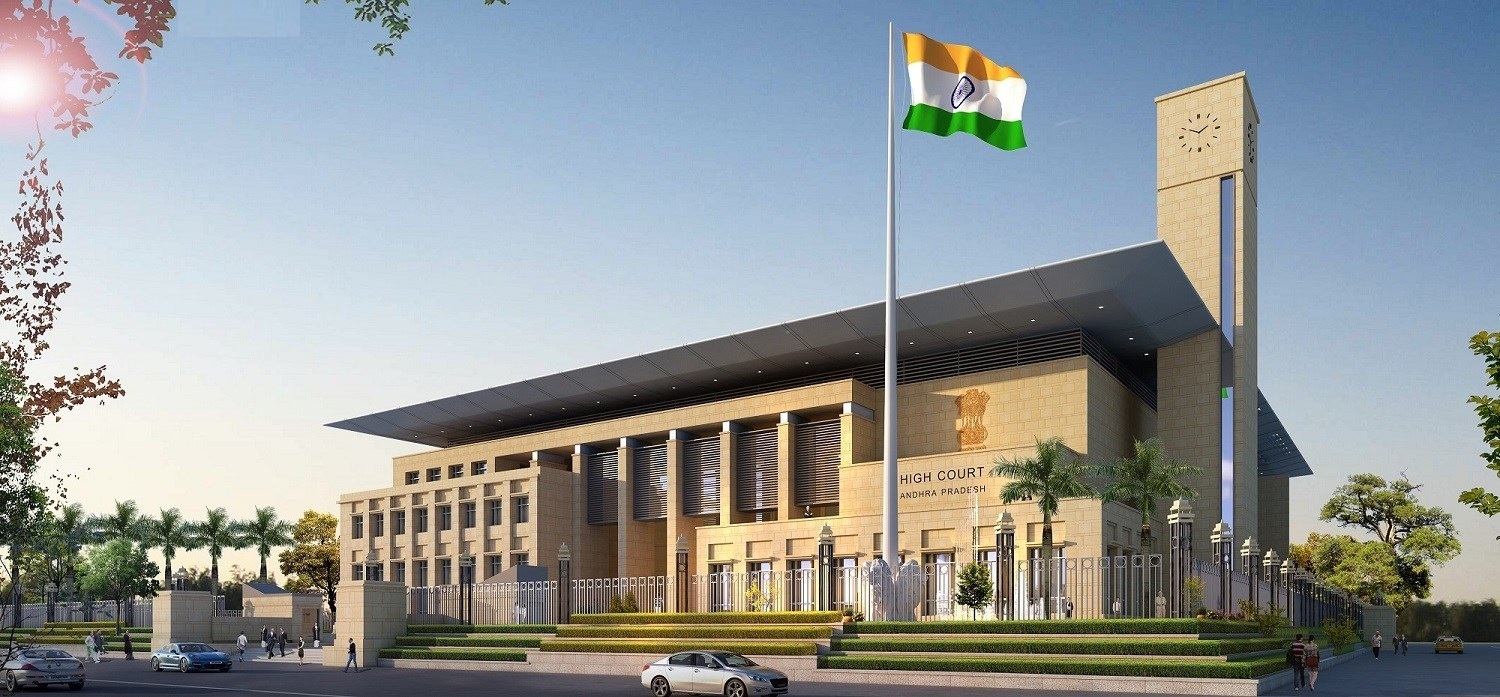-
by Admin
15 February 2026 5:35 AM



Court Accepts Apologies for Misunderstanding Status of Interim Stay, Directs Halt of Further Proceedings
The Andhra Pradesh High Court, in a notable judgment dated June 21, 2024, closed a contempt case involving alleged willful disobedience of court orders. The case, filed by M. Mahaboob Bi and others against Lok Adalat at Madanapalle and others, focused on the non-execution of a sale deed as per a Lok Adalat compromise and award. The court accepted the respondents’ unconditional apologies and emphasized the importance of verifying the status of interim orders before proceeding with legal actions.
The dispute originated when the 2nd respondent filed a suit (O.S. No. 512/2014) for specific performance of a contract related to a sale deed. The parties reached a compromise, and the Lok Adalat at Madanapalle passed an award on December 6, 2014, requiring the defendants to execute a registered sale deed. However, the petitioners, who claimed co-ownership of the property, alleged that the award was fraudulent and filed W.P. No. 2977/2015, securing an interim stay on March 12, 2015. Despite the stay, the 2nd respondent proceeded with an execution petition (E.P. No. 12/2022), prompting the petitioners to file the present contempt case.
Credibility of Legal Compliance:
The bench, comprising Justices U. Durga Prasad Rao and Sumathi Jagadam, stressed the necessity for litigants to adhere strictly to court orders. “Verification of the status of interim orders is a fundamental duty before any further legal steps are taken. Failure to do so, even if unintentional, can lead to serious implications,” the court remarked.
Unconditional Apologies and Misunderstandings:
The respondents, in their defense, argued that they misunderstood the status of the interim order due to legal advice and their semi-literate status. The court acknowledged this, stating, “The respondents, in good faith, believed the interim stay was not extended and hence filed the execution petition.”
Assessment of Apologies and Undertakings:
The court considered the respondents’ unconditional apologies and the undertaking to cease further actions until the main writ petition’s disposal. Justice U. Durga Prasad Rao noted, “Though the explanation provided is not fully satisfactory, the lack of further actions post-execution petition and the genuine undertaking to comply with court orders are mitigating factors.”
Duty to Verify Court Orders:
The bench emphasized the critical need for parties to verify the status of interim orders continuously. Justice Sumathi Jagadam remarked, “The oversight in verifying the interim order status, though not intentional, underscores the importance of diligent legal compliance.”
Justice U. Durga Prasad Rao observed, “The petitioners ought to have made enquiries with regard to the status of the interim order, but considering no further proceedings occurred post-execution petition, the court deems it appropriate to accept the unconditional apologies.”
The closing of the contempt case, with the acceptance of apologies and the direction to halt further proceedings in E.P. 12/2022, sends a clear message about the importance of legal diligence and the verification of court orders. This ruling reinforces the judiciary’s stance on strict adherence to interim orders and underscores the potential consequences of even unintentional disobedience. The decision is expected to influence future cases, encouraging more rigorous compliance with legal directives.
Date of Decision: June 21, 2024
Mahaboob Bi and Others vs. Lok Adalat At Madanapalle and Others
